On the way of finding the answer, the industry authorities and the decision makers, who conflict from time to time, need to lead the way to the freight operators and the public opinion as well.
As much as the vehicles that are the main instruments of transport industry, roads and seaports that constitute the entire infrastructure also matter. The operators and also the natural and social environment that are affected by the whole process are of course the other primary parties of this phenomenon.
Decision makers naturally aim at taking measures for protecting environment so as to satisfy public opinion but the commercial vehicles industry leaders have their own concerns about the changes on limits of emissions. The European Commission proposes to reduce CO2 emissions by 15 percent by 2025 and further 30 percent by 2020, compared to 2019. The industry leaders on the other hand, find these targets very ambitious and the penalties for missing the targets are claimed to be ‘exorbitantly high and almost arbitrary’. Along with those discussions the commercial vehicle market is growing. And further, the rise in freight volumes and commercial vehicle sales increase the responsibilities of the industry.
Countries like Turkey, Serbia, Poland, Ukraine and Russia that have been pushing their limits to meet the norms set by EU Commissions and have not completed their vehicle investments yet, come face to face with new target lists.
In the meantime the societies change. Not only in terms of demography but also the value systems and relatedly the demands of people… They all undergo changes. It is a must to find cleaner and more sustainable solutions to handle the changing demands and nobody would reject it. For this reason, all the stakeholders of the road transport industry are responsible for taking the necessary measures against climate change. Although road transport cannot be held the sole responsible of the record increases in temperatures, it is said to be the strongest nominee as a major cause of the global warmth as long as it continues to create 25 percent of the CO2 emissions in the EU region.
Besides struggling with emission levels, the automotive industry is in the search of autonomous vehicles without drivers and it is already obvious that such vehicles will have larger shares in some fields of operation. Nevertheless it is not yet possible to say that driverless trucks are coming in all areas. For short distance deliveries and collections electrified and autonomous vehicles seem to be very close on the horizon but when it comes to trucks and trailers, the primary focus is still on the issues such as more comfortable driver cabins, better aerodynamics for fuel efficiency, smart roads, digital communication systems and a driver who is in control of the entire system. That means as everything becomes more and more digitalized the value and importance of truck drivers will increase rather than decreasing. Driver employment issue is still at the top of most of the logistics operators’ agenda. A lot of companies suffer from shortage of drivers and delivery staff. For the moment Germany and the UK are the EU countries that have the biggest problem about finding truck drivers. For example in Germany one million drivers -out of the approximately 1,5 million existing ones- are over the age of 45. On the other hand, the goods volumes rapidly increase all over the world and majority of these goods are overwhelmingly transported by truck-trailer combinations. Although the protective economies fall behind the improvements, the boom in the e-commerce and international transport contributes to this uptrend.
Headlines like digitalization, electromobility, connectivity, platooning, launch of prototypes etc. attracts the public opinion to the industry. Electrification of roads, system security issues, efficient alternative fuel technologies like LNG, CNG, natural gas are all matters to develop, discuss and lobby about. We are talking about how to redesign the transportation ecosystem. Mobility of people and goods are integral parts of social and economic developments. The connected goods of tomorrow will be carried on connected vehicles driven by modern operators. They also will be in contact with each other, the shippers and the other social stakeholders.
But beyond all, we all have to see and understand that new logistics concepts and giant infrastructural investments are vital for sustainable and successful transport of goods of future. This requires initiatives and investments by private sector, incentives by public authorities, cooperation between countries and belief in the free movement of goods beyond the borders. The way of equalizing the imbalance in global trade and distributing the welfare as equal as possible passes through maintaining the continuous flow of all transport corridors; be it BRI routes or TEN-T corridors… Only then can we talk about notable and noble transport systems that will serve the humanity.
İlker ALTUN
[email protected]





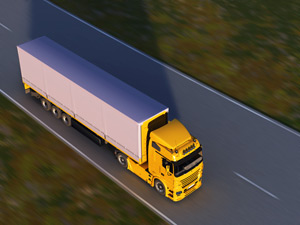
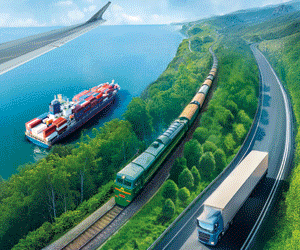






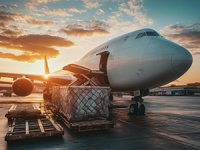
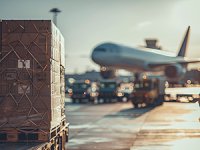

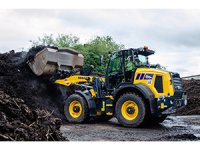
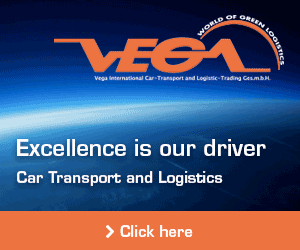
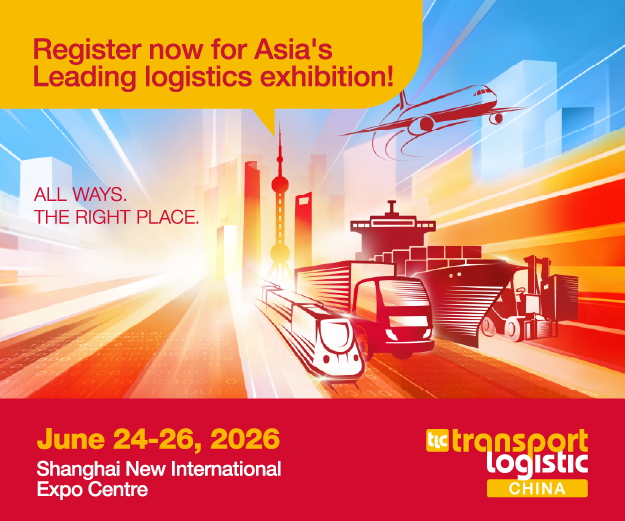
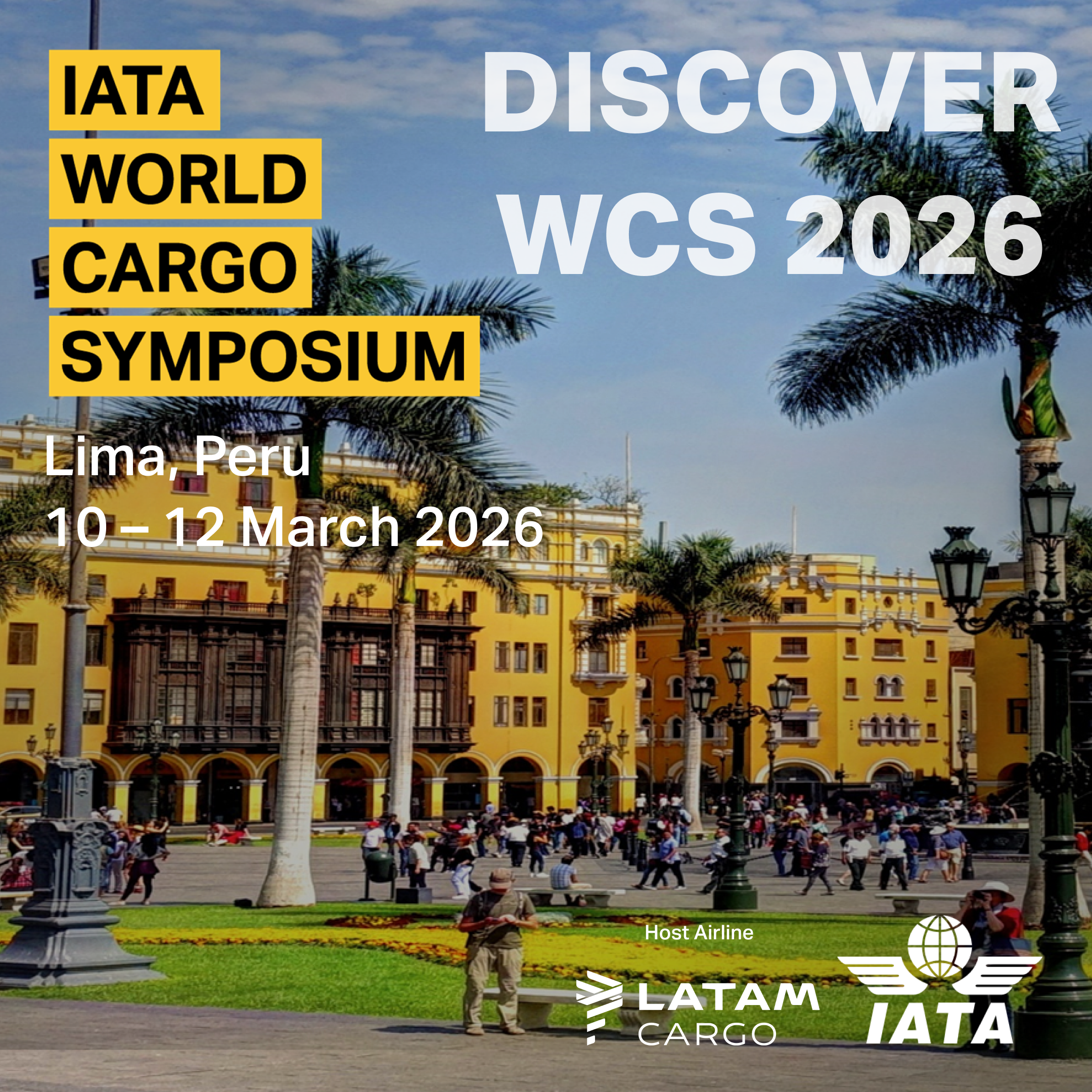







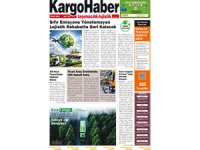

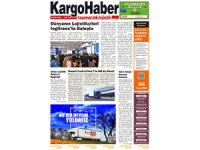

Türkçe karakter kullanılmayan ve büyük harflerle yazılmış yorumlar onaylanmamaktadır.